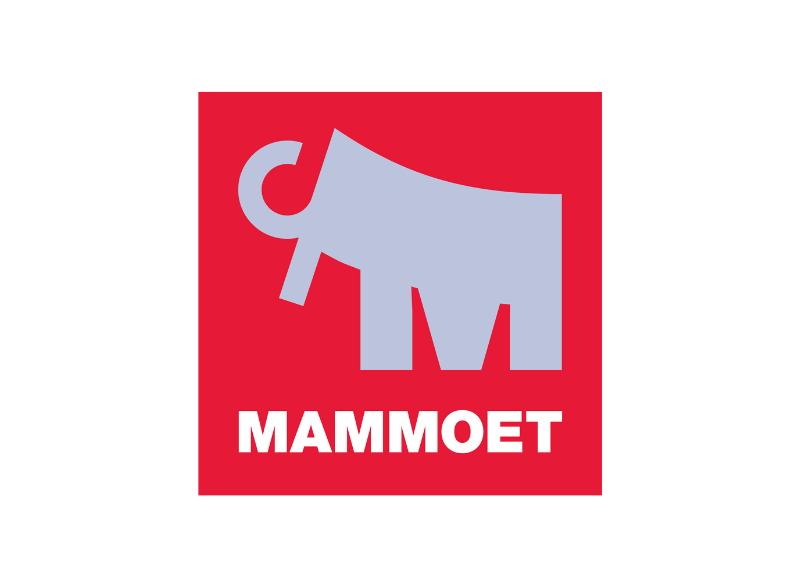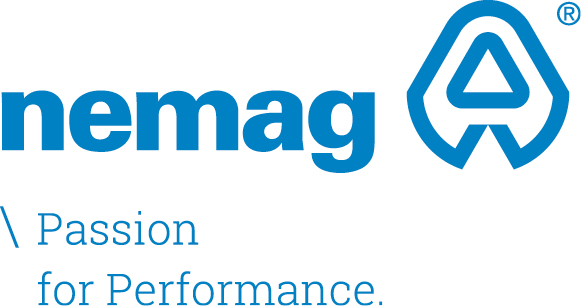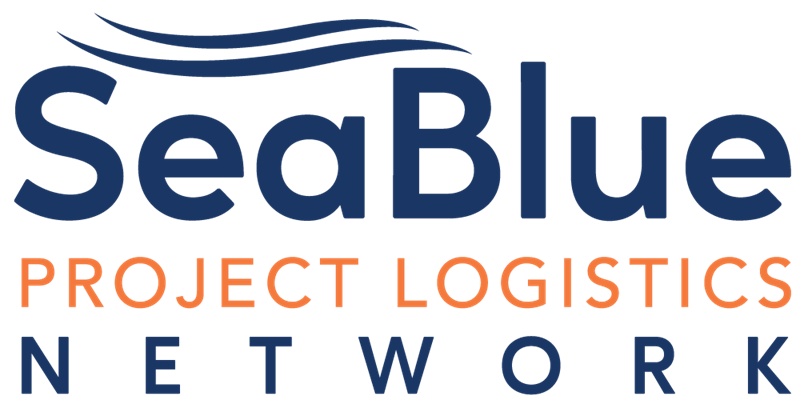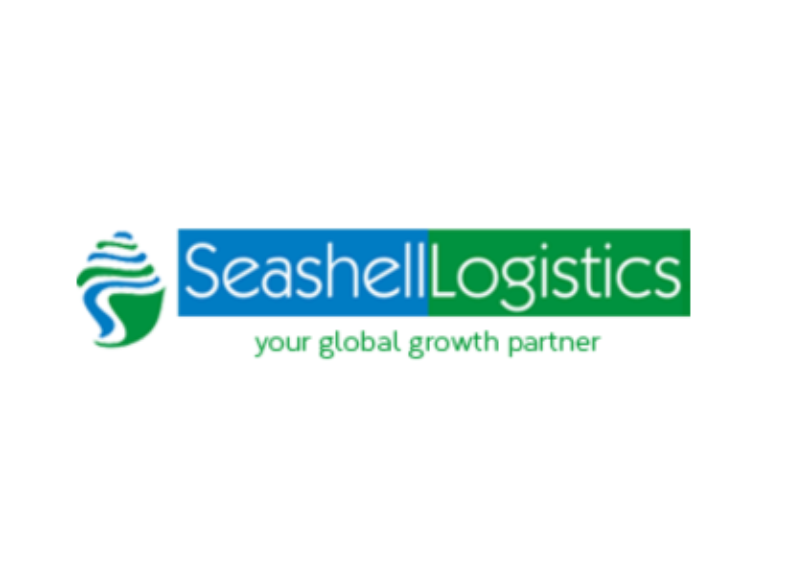Emissions Regulations, Geopolitical Uncertainty Continue to Cause Concern
_3.jpg)
By Alex Keimig and Simon West
Rising freight rates and new fleet expansion programs are fueling optimism among ocean carriers but looming clean fuel regulations and geopolitical uncertainties are tempering the sector’s outlook.
That was one of the key takeaways on a “Fleet Capacity: Planning for the Future” on the main stage at Breakbulk Americas 2024.
The session, sponsored by dship Carriers, began with a bullish overview of the post-pandemic recovery in the market. “The market we see is extremely positive,” said Rajith Aykkara, vice president of Bahri Line. “This year has been really booming – carriers around the world are struggling for space, which is a good thing for vessel owners.”
The carriers on the panel were quizzed by session moderator Ferenc Pasztor, head of ports and specialized shipping research at Drewry, on future newbuild plans.
“We are cautiously optimistic about the market and the ability for newbuildings,” said Richard Seeg, president of Intermarine Carriers, part of the Jumbo-SAL-Intermarine (JSI) Alliance, who pointed to SAL’s recent order for five Orca Class heavy-lift vessel.
“We’re focused on making sure the vessels are able to take advantage of the fuels of the future and being somewhat flexible on how we’re building our ships – looking at flexibility not just in fuels, but also on the markets we ship to, whether that’s Asia, trans-Pacific, or a vessel we can use to run around the Caribbean.
“It’s about how we best spend our money. If we’re investing in ships today, then we have to keep in mind that we’re going to have to find a way to pay for those same ships over their entire life cycle.”
Lars Schoennemann, managing director of BBC Chartering Singapore, said his company has ordered 19 new multipurpose vessels, with the entire fleet slated for delivery in stages by 2026.
“We do have a fresh wave of tonnage coming our way, but it’s primarily as replacement for vessels that are ageing out of the fleet at the end of their lifespan,” Schoennemann said. “Hopefully the market will remain where it is, then we can have a healthy balance between investment and return on those investments.”
Melanie Drehkopf, CCO of dship Carriers, pointed to three new F500 heavy-lift vessels that are expected to enter service early 2025 and a fleet of four new D500 ships slated for delivery in 2026. The executive argued, though, that it made no sense to “pump” too many vessels into the market at once.
“Then we’ll have the same problem [of cyclical aging] that we had before,” she said.
Seeg then pointed to freight rates that had risen since COVID, a trend he described as “a little bit healthier for the market.”
“A lot of that is based on the fleet and the project outlook not only for oil and gas and renewables but also data centers and other things we haven’t seen before. So there is a flow of cargo expected to come in that keeps that ships busy for right now.”
Turning to transportation costs and new clean fuel regulations, the panelists agreed that regardless of how and when greenhouse gas emissions goals are met, the solutions would not be cheap. Aykkara said: “Right now we are extremely busy with renewable energy plans, but alternative fuel solutions don’t come for free. These new policies (from the EU) come with a cost.”
Drehkopf agreed: “Either you need new ships, which are much more expensive than ten years ago, or you need to do something to those old ships, which also costs money. It’s going to make things more expensive either way.”
Schoennemann said BBC Chartering’s can currently run on biodiesel, but that also comes with costs. “The market has to accept that if you want to take the green path, you need to pay for it. The carriers cannot absorb that cost. As long as everyone is in for the cheap solution, we won’t get anywhere.”
He also cited the difficulty of committing entirely to alternative fuel options for vessels that travel through less resourced or more remote ports that may not be equipped to support their refueling on multi-stop, globe-spanning voyages.
The panel finally touched on how geopolitical developments were impacting breakbulk.
“Some of it is political – we have several elections coming up in the next 12-24 months in the U.S. and elsewhere, and these will have a big impact on renewables, oil and gas and other projects,” Seeg said.
“There’s also a lot of uncertainty in the Arabian Gulf right now. Even the Panama Canal is not normalized and back to where it was before the pandemic. And that uncertainty plays into the financing of ships, the financing of projects and financing for insurance. It all comes back to money.”
Schoennemann added that the situation in the Suez Canal was the “biggest factor” currently shaping the market. “You’re extending your voyage from Asia to Europe by some 15 days, so you stretch your fleet and that’s the current lack of tonnage we see.”
.png?ext=.png)
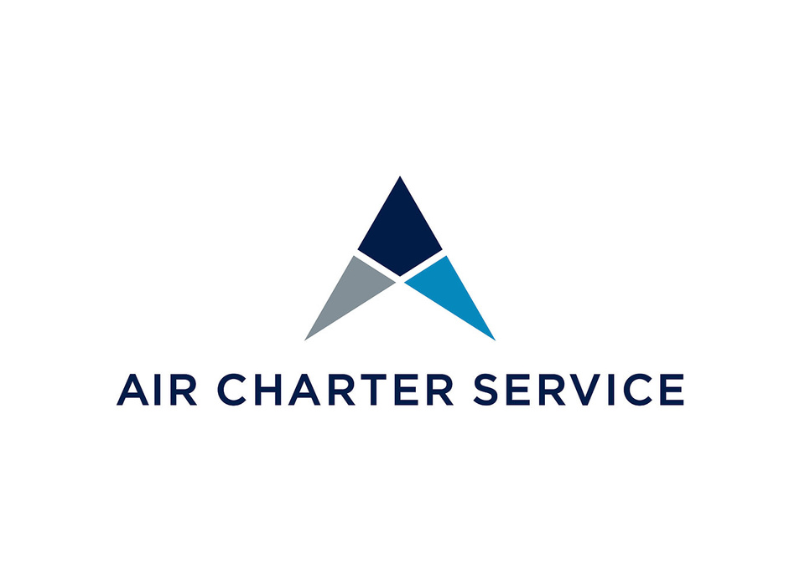


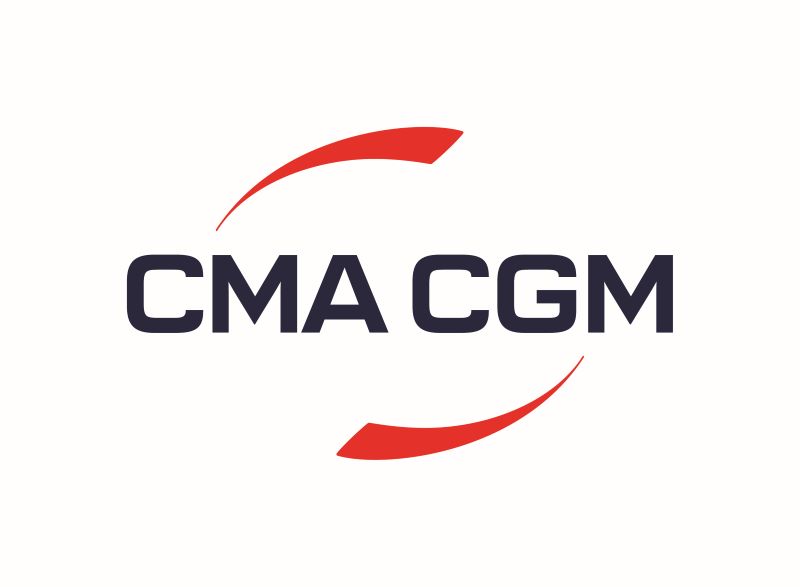

.png?ext=.png)


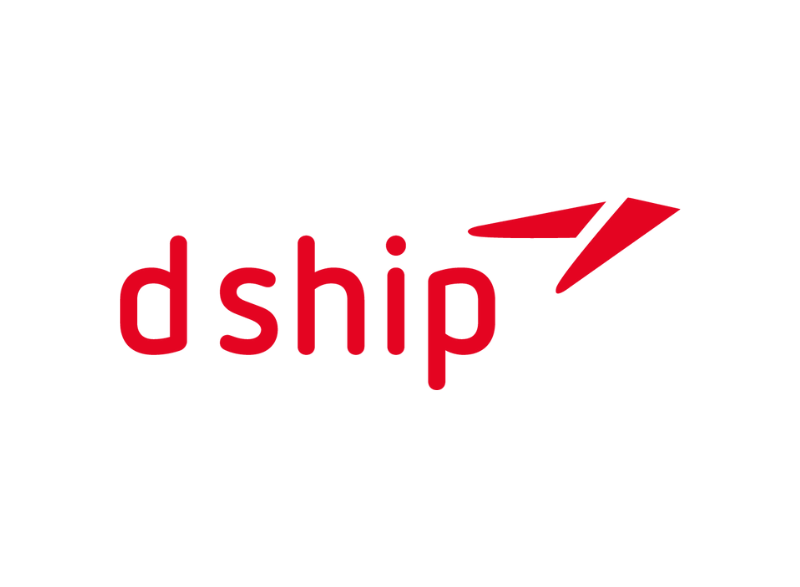

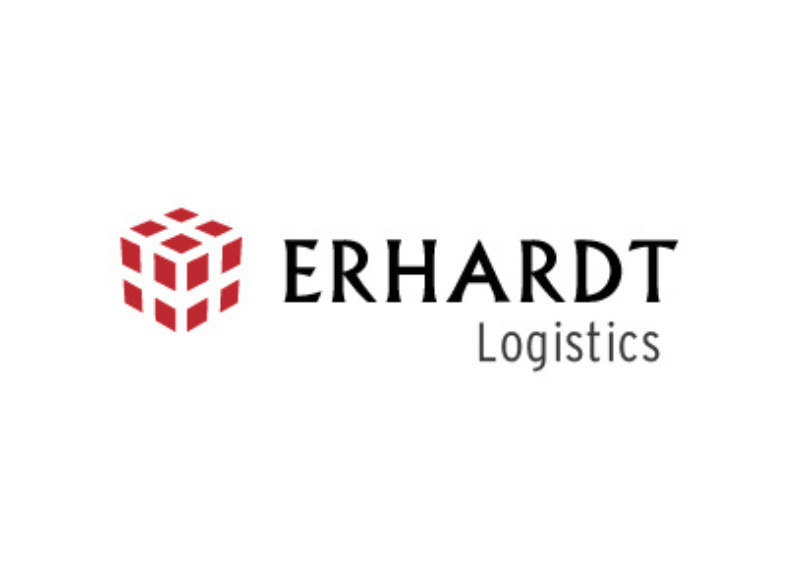

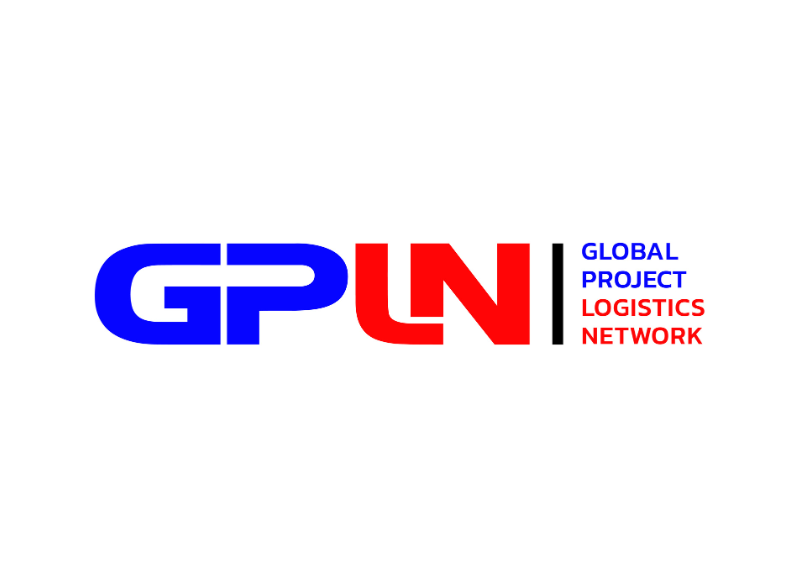

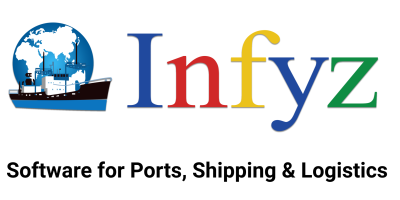
_3.png?ext=.png)
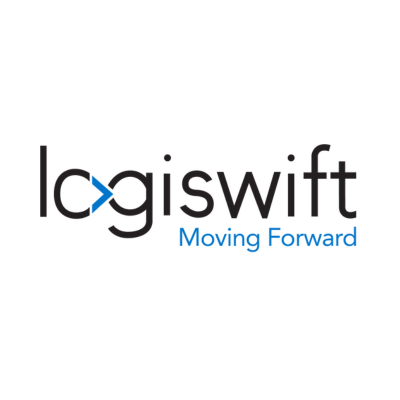
.jpg?ext=.jpg)
